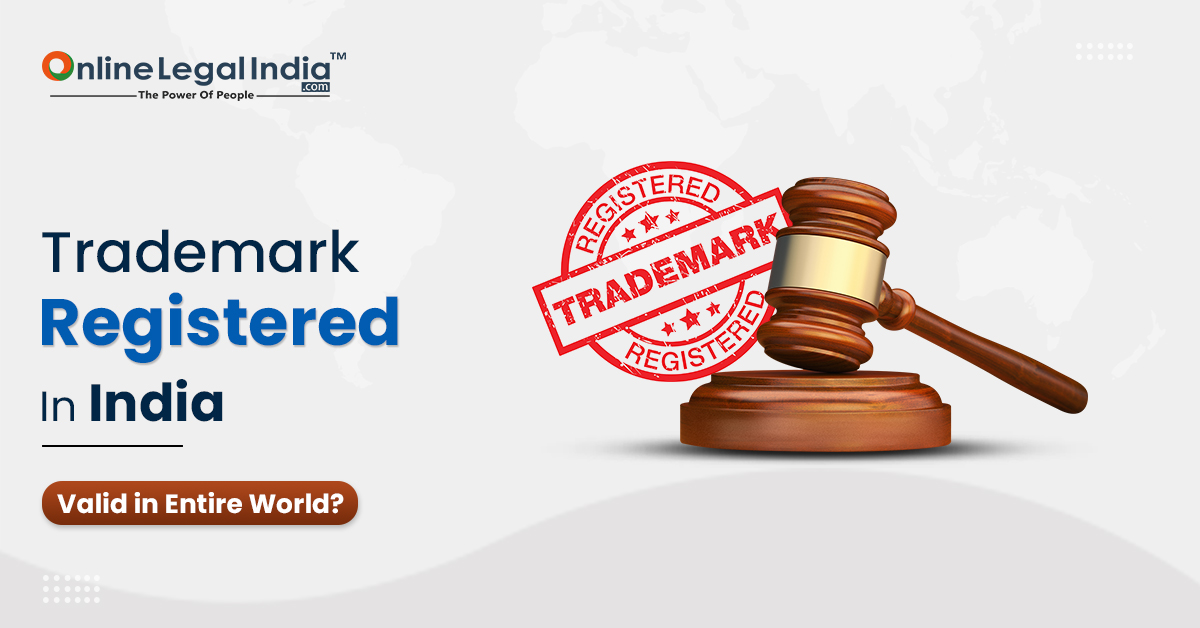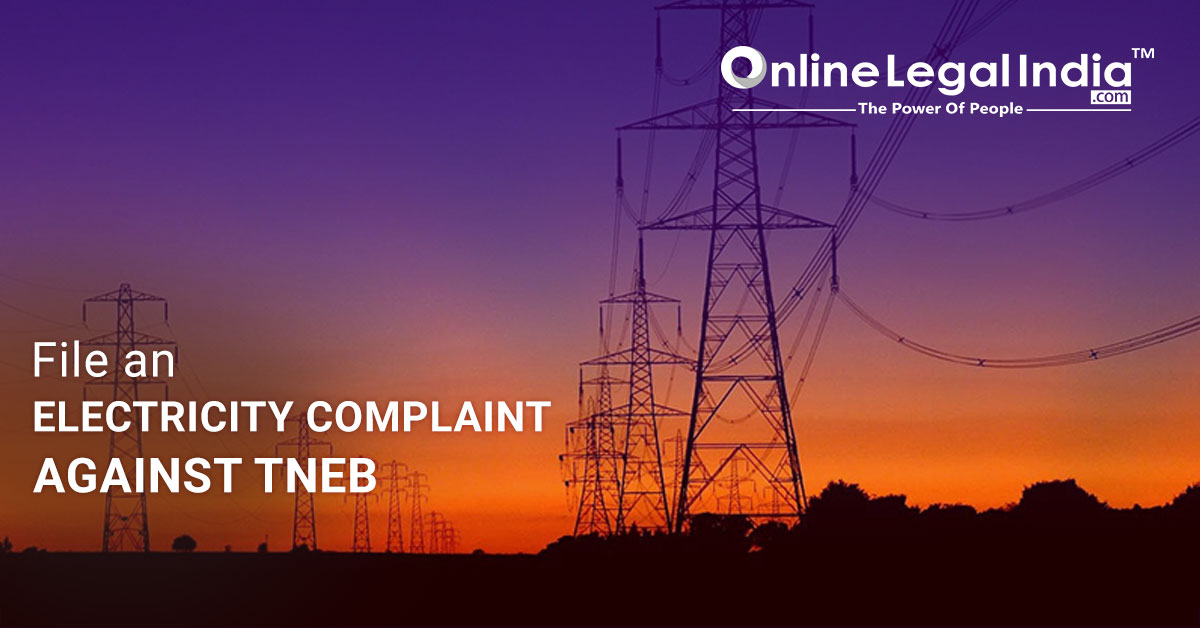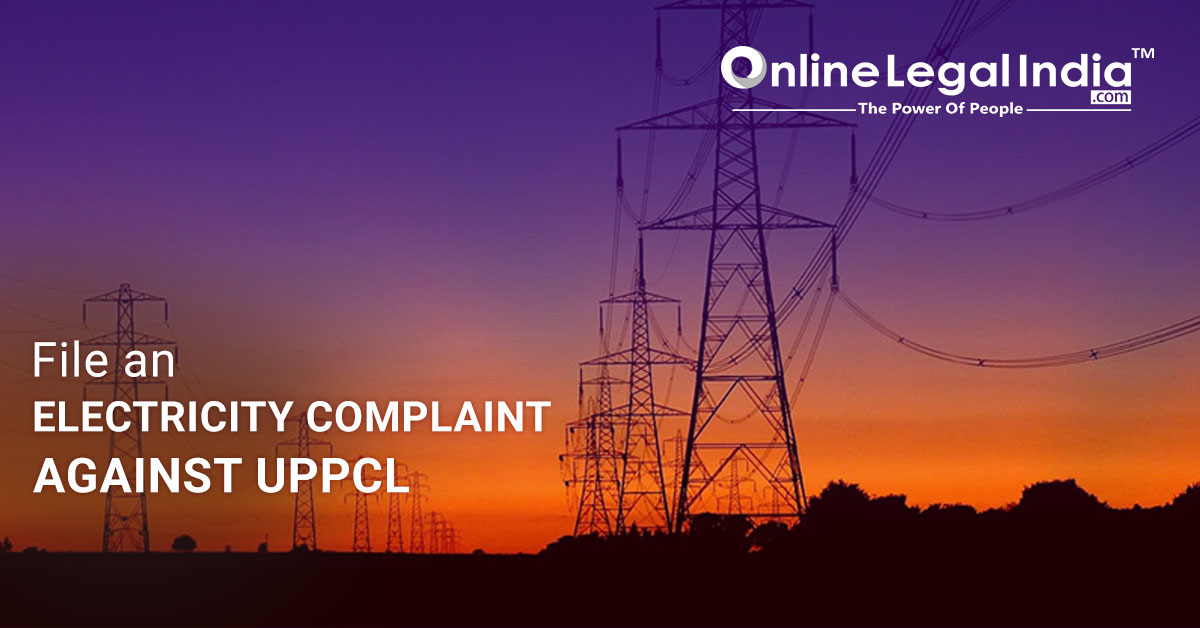My name is shivam sinha this is for the testing purpose
11 Feb, 2023

 By Ankar Kapuria
Published On 20 Oct 2021
Updated On 23 Oct 2021
Category Company Registration
By Ankar Kapuria
Published On 20 Oct 2021
Updated On 23 Oct 2021
Category Company Registration
With the market getting competitive day by day it has become important for oneself to get established to survive. The market has become such a place where the survival of the fittest comes to play. Keeping in mind this thought, more and more new companies have decided to register Pvt ltd company India. It has not only helped the business grow but also contributed to the boost in the economy. It has also allowed the incorporation of private companies to benefit from the various policies for newer companies.
The emergence of newer policies every year has led to the growth of the economy. It has contributed heavily to the birth of newer startup registration in India. One needs to find the right structure of the business before launching. This is to make sure one does not come unprepared to the competition. The steps that one needs to take to register a company are:
The first step is to apply for the Digital Signature Certificate (DSC). This is so because the presence of the registration of the company is completely online. MCA sites need the Digital Signature for filling registration forms. DSC is a mandatory process for all the proposed directors.
The next step is to acquire the Director Identification Number (DIN), an identification number which the MCA provides to the director and or anyone applying for the post of a director in a company. Along with the DIN of the director, one also needs to provide the name and the address proof when applying in the company registration form.
The third step in the process is Registration on the MCA Portal where the SPICe+ form is filled. It is then submitted on the MCA portal. To fill the SPICe+ form and submit the documents, The Director of the company needs to register on the MCA portal. Post-registration, the director has the access to log in and obtain access to the MCA portal.
The last process is obtaining the Certificate of Incorporation. What happens here is that after the registration application is duly filled and submitted with the required documents. Post the submission the Registrar of Companies goes on to examine the application. Upon doing the verification of the application,MCA will issue a Certificate of Incorporation.
This is the basis for the incorporation of companies in India.
There are various companies that get registered every other day and each of these companies are roughly categorized into one of the following types. The various kinds of companies are listed below.
One Person Company (OPC): This is one of the recent forms of business that has emerged prominently. It enables an individual to function alone while still being part of the corporate framework.it allows for a single owner to be the full proprietor.
Limited Liability Partnership (LLP): This is a kind of setup where the ownership is limited to the agreed-upon conditions and is a separate legal identity.
Private Limited Company (PLC): This is a setup where the identity of the company is separate from its owner in the eyes of the law. It consists of shareholders and directors who are all seen as employees of the company.
Public Limited Company (PLC): This is a setup where the company is run by a voluntary association incorporated under the law. The ownership is limited to the shares that one owns and is accessible to the general public.
It is thus advisable to check which structure suits oneself and thus register accordingly. The various other forms of business structures include that of Sole proprietorship, Partnership firms, and the Hindu Undivided Family. Also these do not come under the company laws. The average Pvt ltd company registration fees are around 6000- 30000 depending on elements such as the number of directors, No. of members, the amount of authorized share capital, and Professional fees charges. The range of professional fees may vary according to the task.
The Registration of the newer companies has jumped a staggering 26% which is a result of the various new policies. The Government policy is to push the smaller companies so that they can develop. Their development will as a result improve the economy of the nation. It is a two-way result as the growth has provided the economy a boost whereas the companies get benefits such as easier loans, better employees, and provide better lives to their employees.

My name is shivam sinha this is for the testing purpose
11 Feb, 2023

How to Check the Trademark Application Status in India?
23 Jun, 2022

Trademark Class 35: What Does It Include?
17 Jun, 2022

How Do I Make a Consumer Complaint Against Amazon?
17 Jun, 2022

Trademark Registered in India - If Applicable All Over the World?
17 Jun, 2022

Consumer Complaint against Tamil Nadu Electricity Board TNEB
30 Nov, 2020

How to Take Legal Action against Mental Harassment in India?
07 Nov, 2020

UPPCL Uttar Pradesh Power Corporation Ltd. Complaint Filing
19 Nov, 2020

How to File a Complaint Online at Consumer Court?
27 Nov, 2020

Online Complaint Filing against Hero Motocorp
04 Dec, 2020